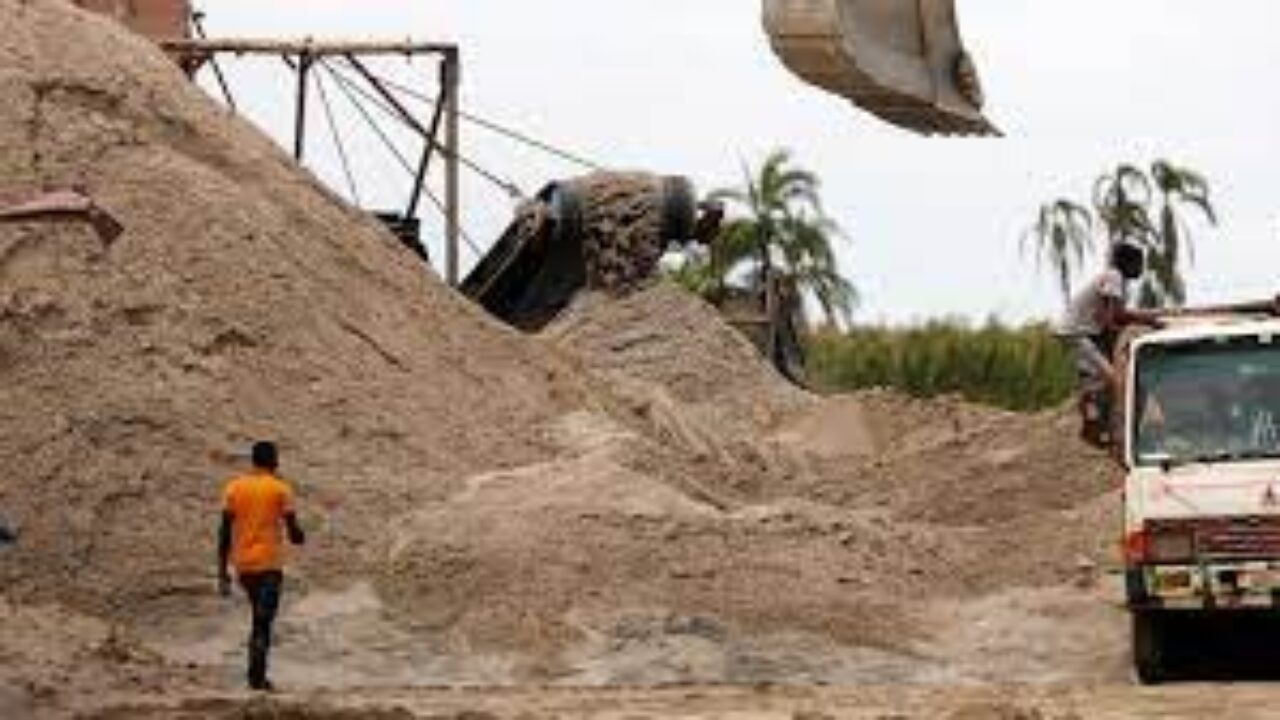The State Minister for Energy and Mineral Development, Phiona Nyamutoro, has put an end to illegal and dangerous gold mining in Tiira Town Council, located in the Busia district.
Nyamutoro visited Busia District on Wednesday, June 12, 2024, to inspect the mining activities in the area. During her visit, local residents approached her to express their concerns about the hazardous mining practices occurring nearby.
“As we were conducting our inspections, some concerned residents informed us about illegal mining happening in Tiira Town Council. The blasting and digging have severely damaged houses intended for commercial and residential use,” said Nyamutoro.
The minister highlighted that mining in urban centers is against the law and criticized anyone engaging in such activities anywhere in the country. She made it clear that owning land does not give one the right to mine. Anyone interested in mining must follow the legal procedures and obtain a license from the ministry.
Nyamutoro ordered an immediate stop to all mining activities in Tiira Town Council and urged local leaders to assist those affected in getting compensation from the landlords. The Mineral Police have been alerted to arrest and prosecute anyone found mining illegally in urban areas.
Kenneth Asiimwe, the projects and research development officer at the Uganda Chamber of Mines and Petroleum, mentioned that there should be studies to improve miners’ pay, as some receive their wages in the form of alcohol. Asiimwe also pointed out that women working at the mine sites are often seen as helpers and do not receive fair payment. He stated that poor mining methods result in low-quality products and inconsistent supply. Additionally, there is insufficient budget support for extending services to the mining sector.
Hope Kyarisiima, the country coordinator of the Uganda ACP-EU Development Minerals Programme, explained that wasteful mineral extraction can be avoided with proper training. She stated, “Mining should not harm the environment and social safeguards. Open quarries need to be restored, and forest planting is possible in districts.”
Kyarisiima noted that many miners do not invest in environmental restoration after mining, leaving open pits that become breeding grounds for malaria and other hazards. Local governments are frustrated when miners do not honor their commitments to protect the environment or contribute to revenue generation.
Innocent Ejoru, the team leader of inclusive growth partnerships at UNDP, highlighted that artisanal and small-scale mining (ASM) remains informal, generates little income, negatively impacts the environment, and causes social conflicts. He stated, “Funds will support inclusive and more sustainable development minerals value chains, promoting the production of low-carbon materials and building resilience to climate shocks.”
Frank Mugyenyi, the executive director of the Minerals African Development Institution, emphasized that the artisanal and small-scale mining sector is a multi-billion-shilling industry. He urged miners to see themselves as professionals. “They should have business plans, access finance, and follow environmental and social governance principles,” Mugyenyi said. He stressed that artisanal miners need geological information, should practice zero-waste principles through valorisation, and must obtain licenses.
The minister’s actions aim to ensure that mining activities are conducted legally, safely, and in a way that protects both the environment and the community.




















